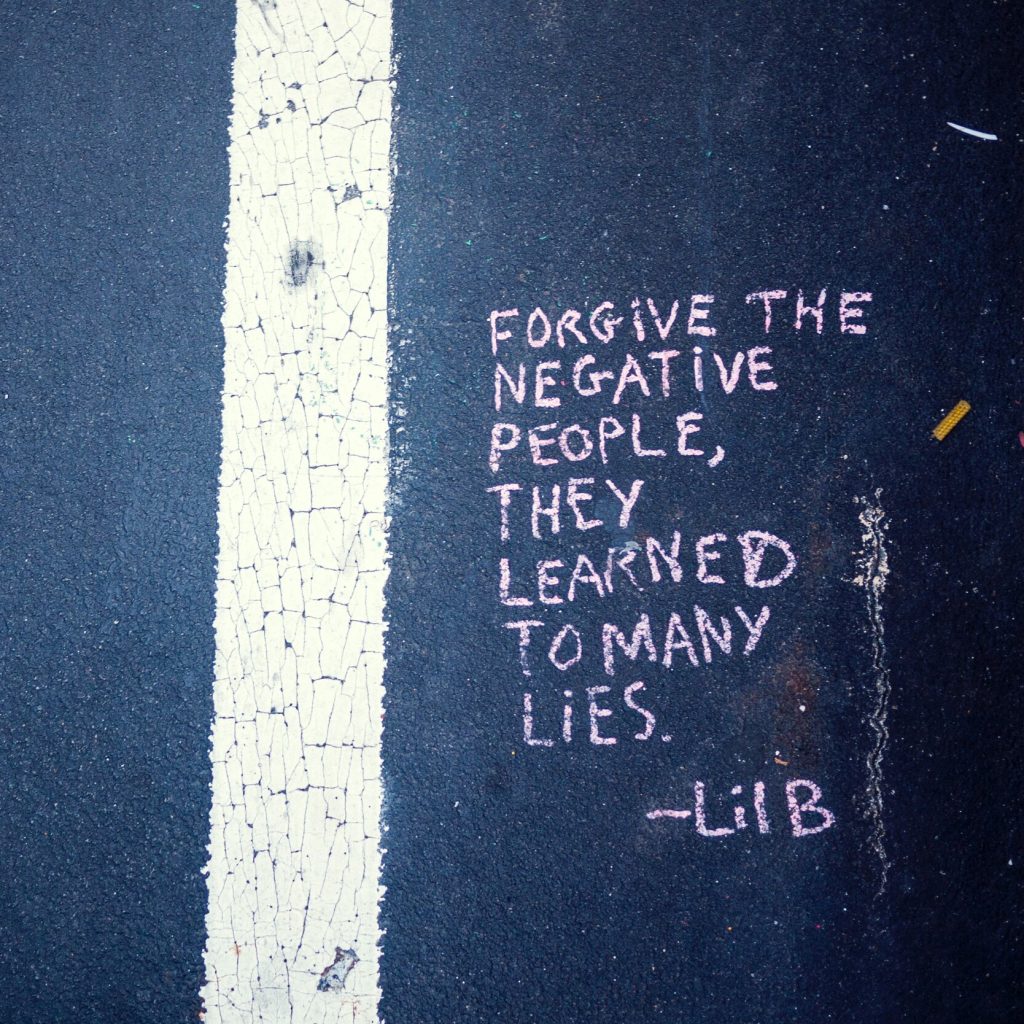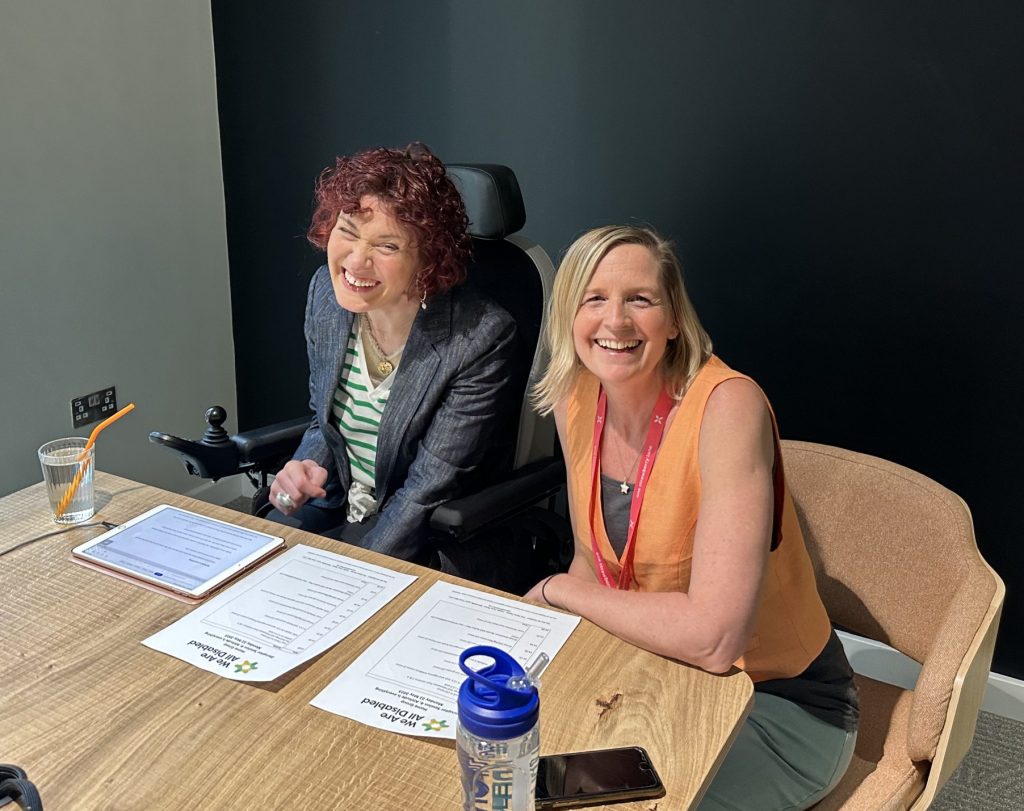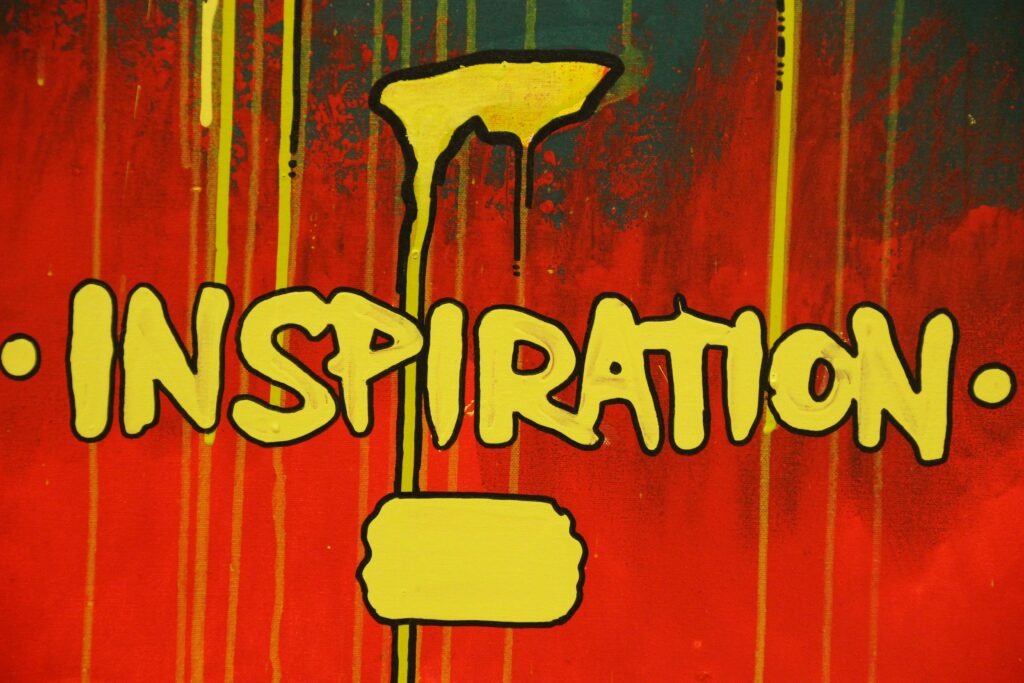I have had Cerebral Palsy my entire life and, just like the colour of my eyes and my love of dogs, it is an intrinsic part of who I am.
Unlike some disabilities, my disability is visible and therefore one of the first things people notice when they meet me. My type of cerebral palsy causes me to have involuntary movements and unclear speech. I also use a powered wheelchair.
Not only does having cerebral palsy have an impact on what I can do for myself, it also has an impact on other people’s perceptions of me and, as a consequence, their attitudes and behaviour towards me.
For me and other disabled people we are affected by these unintentional attitudes every day. When I go shopping, it is that person behind the counter who looks to my PA for conversation instead of me, while in restaurants, the waiting staff will sometimes turn to the person I’m with to take my order and (even worse!) fail to top up my glass of wine.
Attitudes towards disabled people and disability arguably stem from those perceived as the dominant group. The human experience is shaped by exposure to our environment as well as our interactions that we have with each other. These experiences have an influence in forming our characters.
In this process, individuals that share similarities can form themselves into groups. The divided groups construct themselves as the classification of ‘Them’ and ‘Us’, or in-group and out-group accordingly (Borrero et al., 2012; Wooley, 2015). The in-group is the dominant group and they generate the existence of the out-groups.
Disabled people are often viewed as a social out-group that is characterised and marginalised by the main in-group who consider themselves as superior. This leads to negative attitudes and perceptions of out-groups which in turn develop into implicit biases.
Implicit biases are unconscious prejudices that influence individuals’ actions without them explicitly being aware of them (Kang, 2012). Several studies claim that implicit biases ‘arise from early experiences and/or are difficult to change because they are embedded through years of experience’ (Payne et al., 2018, p. 235).
The consequences of implicit biases are likely to affect judgments, actions and decisions where an individual’s thought process is primed (Payne, 2005, 2006, 2018). Research indicated that implicit bias tends to influence decision- making because it is pervasive and is the baseline average of every individual.
Although policies and programmes are implemented to disarm these barriers, they have been historically embedded in society and therefore still exist in everyday life.
These attitudes can make me feel inadequate because they insinuate that my disability is abnormal and a tragedy, which often reveals the general assumptions that I am less capable than someone without impairment.
This is something I find very challenging and I often have to work hard to overcome these implicit biases. With some people the easiest way is to let it go over my head, although it does make me feel uncomfortable. With others I am able to engage them in conversations and I can tell that their perception of me changes.
I attended mainstream education from the age of 10 and I remember some teachers treating me differently to the other children. I would automatically be put into the lower tier sets for academic ability, but I would be quickly moved up to the next set when my teachers realised that the work set for me was too easy. In high school some teachers would deter me from choosing the subject options I wanted to take, however thankfully Higher Education was different.
As a university student, the expectation is for you to manage your own workload and I could do this well. My lecturers had a positive perception of my disability and realised that I could achieve if reasonable adjustments were made. So deadlines for essays and assignments were made flexible which allowed me to fulfil my potential.
I went on to complete a PhD and my experiences inspired me to explore perceptions of disability for my thesis.
My interest in my PhD research was initiated through the positive and negative experiences that I have encountered because of my disability. The negative experiences are mostly encountered in the course of carrying out daily activities and it often leaves me with a feeling that there is an unstated assumption that society does not expect me to do these relatively ‘normal’ activities.
Although negative perceptions and attitudes still exist, more and more is being done to challenge these. With Diversity and Inclusion becoming higher on the agenda in the corporate sector, disabled people are being actively involved in bringing about positive change.
If our voices are heard, conversations will be opened about disability. This in turn will normalise disability and inequalities will continue to fade.









